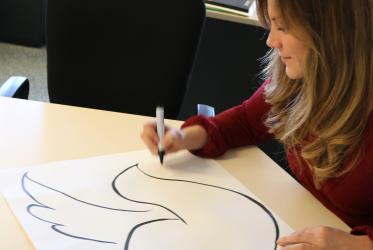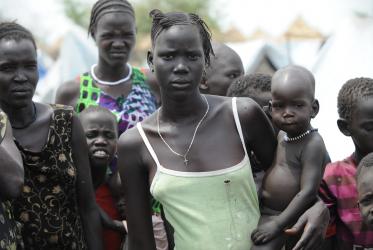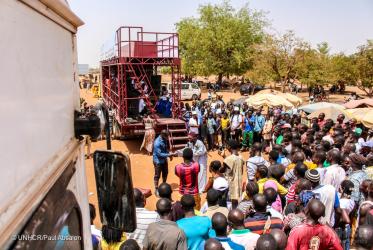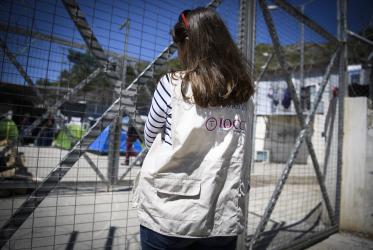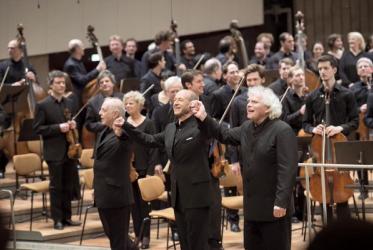Displaying 61 - 80 of 113
10 August 2017
Religion meets science in forum at WCC
09 August 2017
Digitizing of Faith and Order Papers underway
23 July 2017
WCC students study what makes a peace communicator
18 July 2017
In Lebanon, refugees face hardship - but find hope
16 March 2017
How do you say “peace?”
20 February 2017
God’s forgotten children
20 June 2016
USA Racial Justice Accompaniment Visit
18 April 2016
Refugees in Berlin get dose of culture
10 March 2016
Afghan filmmaker sees Berlin as home — for now
10 March 2016
"I hit the ground running": Katalina Tahaafe-Williams
16 February 2016





